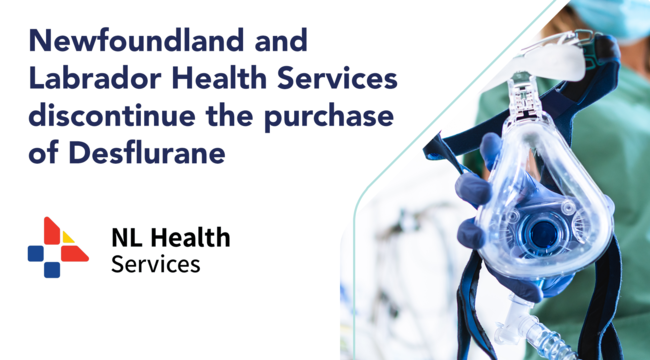HealthPRO Canada News
January 26, 2021
Putting Knowledge to Work: HealthPRO’s Katie Ives helps conduct a COVID-19 audit, shares infection and prevention control best practices

Long-term care (LTC) providers have been caught in the crosshairs of COVID-19. As of January 19th, there have been more than 254 outbreaks in Ontario’s LTC facilities affecting both staff and residents. Steadfast, LTC facilities are already reflecting on the operational and structural factors that contributed to this tragedy.
In an effort to bolster their existing procedures, a LTC facility in Northern Ontario asked HealthPRO’s own Katherine (Katie) Ives, Clinical Advisor for Wound Care and Allied Health/IPAC, to perform an Infection Prevention and Control (IPAC) audit and educate staff on best practices.
While the LTC sector has made incredible strides in controlling the spread of the virus, facilities are still in the process of actively assessing their COVID-19 preparedness and infection prevention and control strategy. As part of the process, they are enlisting the help of designated IPAC professionals, such as Ives, to conduct audits.
Conducting a COVID-19 Audit
Katie, a Registered Nurse (RN) for 17 years, shifted her focus to IPAC when working in hemodialysis. She was selected to lead the audit process due to her proven IPAC competence and her Certification in Infection Control (CIC).
As part of the audit process, Katie leveraged Public Health’s IPAC checklist for LTC homes. This resource outlines several key areas that facilities should regularly examine and consider as part of their preparedness and management of COVID-19, including Personal Protective Equipment (PPE), hand hygiene, physical distancing, outbreak management, and management of COVID-19 cases.
Katie concluded the audit with a four-day education session for staff at the facility. During the session, she covered a variety of key IPAC principles, such as the chain of transmission, the four moments for hand hygiene, donning and doffing of PPE, and environmental cleaning.
The sessions were met with outstanding feedback:
Reflecting on the Process
Katie reflected on her experience, and shares her key takeaways:
1. IPAC resources are hospital-centric
“Since the 2003 SARS outbreak in Canada, infection prevention and control (IPAC) resources have been concentrated mostly in hospitals, where staff and patients have benefited from an increasing number of IPAC policies, education, training, and improved infrastructure.”
Much less IPAC attention has been afforded to congregate living settings, like Long Term Care (LTC) and retirement homes, which has been highlighted during the current COVID-19 pandemic.
The gap in their knowledge of good IPAC practices has made these facilities more susceptible to outbreaks and other consequences resulting from the pandemic.”
2. It’s time to rethink how LTC facilities are designed
“Well-intentioned attempts to make these facilities more home-like, rather than enabling of routine practices and additional precautions, have resulted in facility design and infrastructure that has significantly reduced the ability to implement good IPAC practices.
In other words, these buildings were not planned with adequate access to personal protective equipment and hand hygiene sinks/Alcohol-Based Hand Rub (ABHR), which limits the staff's ability to comply with IPAC best practices.”
Putting Knowledge to Work
Katie’s participation in the IPAC audit is just one example of how HealthPRO’s in-house subject matter experts help support industry best practices. Every day, we combine that expertise and knowledge with that of our dedicated members across the country to create best-in-class contracts.
To learn more about our team’s expertise and how it informs our award process, click here.


